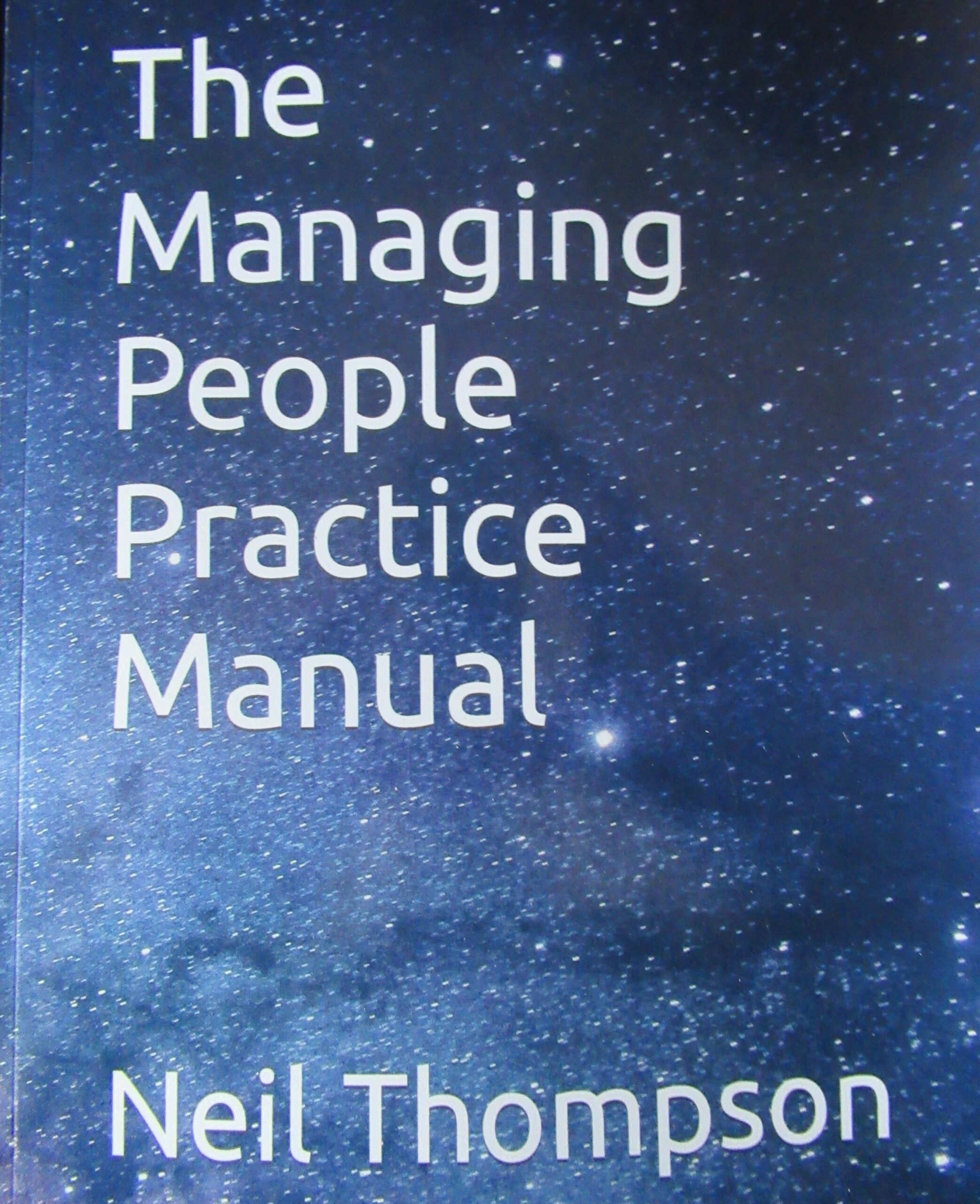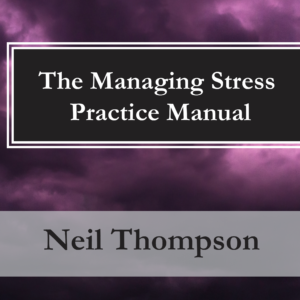Description
An organization’s most important resource is its human resource – its people. This wide-ranging practical guide puts the emphasis on the human – empowering employees to be resourceful. If you are involved in managing people, then you will find this to be an invaluable resource. Rooted in a clear theory base, but with a strong practical focus, it covers thirty different aspects of management practice.
Endorsements
It is refreshing to come across an HR book that bridges the gap perfectly between the academic theory and the practicality of ‘how to do it’. Dr Neil Thompson takes us on a humanistic journey that genuinely captures the human dimension of people management. This is an extremely helpful manual full of important and practical information about promoting well-being to achieve the best outcome for various everyday people management issues. The easy-to-understand inclusive language of this book calls to anyone interested in people management, meaning this is a perfect book for students, HR leaders, and practitioners. I know I will be recommending this to my university students. Go read it now, it is a breath of fresh air.
Rayhan Abdullah Zakaria, Lecturer and Researcher, University of Chester Business School
Mostly people do not leave a job, they leave a boss. This is challenging for organizations as they want to create workplaces that are psychologically safe, inviting, inspiring and stimulating. They will want to enhance a leadership culture that fosters trust as the ultimate platform for growth of individuals, teams, and customer relationships. This manual is a great gift for leaders and their organizations. It helps us understand the often complex, emotionally loaded dynamics of working with people, particularly when we are confronted with change of all kinds. Neil has brought together deep knowledge and embodied experience in an impressive manual for this decade of transitions. He shows us the way forward!
Jakob van Wielink, The School for Transition, the Netherlands and Portland Institute for Loss and Transition
This manual takes account of the need to ensure that people are at the centre of the organization. Recovering from the pandemic there has never been a timelier reminder of the need to ensure that leading, supporting and developing staff are critical aspects of creating the right organizational culture to grow and develop. Written with sensitivity, the manual brings together essential learning and underpinning theoretical knowledge and frameworks to support readers with essential learning in the art of promoting staff and their well-being. I urge everyone who is in a leadership role to invest in this publication.
Lee Pardy-McLaughlin, Principal Social Worker, Stoke City Council
This practice manual is an essential handbook for managers and leaders who want to develop the full potential of their people. It not only covers the fundamental issues of human resource management, but also highlights important topics that organizations sometimes find difficult to address, such as empowerment, stress management, mental health, equality, diversity, inclusion, the promotion of well-being at work (and more). All of these are crucial for best practice. This book covers the essential elements necessary to make individuals feel valued and develop a sense of belonging, making the organization a highly desirable place to work.
Dr Rozana Huq, Organizational Behaviourist, Author, Leadership Educator, RHM LEADERSHIP, www.rhmleadership.com
Free shipping is only available for UK book orders (excluding Pavilion publications). If you are based outside of the UK, please email [email protected] with details of your order. A member of our team will process your order manually and apply the appropriate shipping fee dependent on the size of your order and the country you are ordering from.






There are no reviews yet.